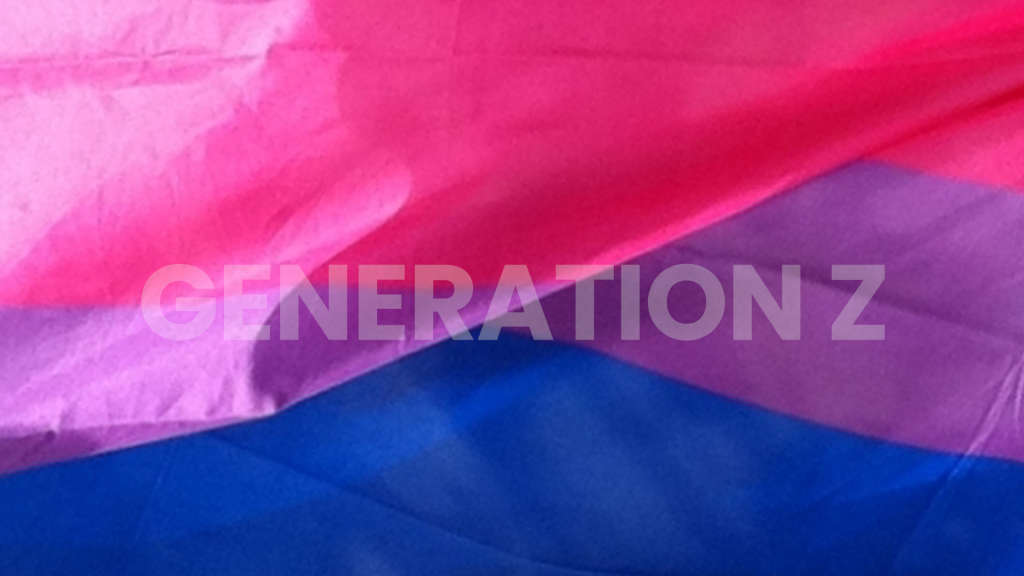A significant rise in bisexual identification among young women marks a cultural shift in attitudes towards sexual orientation, driven by increased visibility, societal acceptance, and supportive online spaces.
Recent studies and surveys have indicated that Generation Z is the most bisexual generation to date. With a staggering increase in the number of young people identifying as bisexual, this trend marks a significant shift in societal attitudes toward sexual orientation.
Living as a part of this generation, many young women are finding that their experiences and feelings do not fit into the traditional binary perspective of straight versus gay. The fluidity and flexibility of bisexuality appear to resonate more with the identities of Generation Z females. As societal norms continue to evolve, it is becoming increasingly clear that many young women feel more comfortable acknowledging and embracing their attraction to multiple genders.
Several factors contribute to this rise in bisexual identification. Increased visibility and representation of bisexual individuals in media and pop culture offer role models for those struggling with their own sexual orientation. The internet and social media platforms also provide safe spaces for discussions, support, and exploration of one’s identity without fear of judgement.
Furthermore, the current socio-political climate encourages inclusivity and acceptance. Many women find that talking openly about their sexual orientation is met with support and understanding, rather than the stigma and prejudice faced by earlier generations. This widespread acceptance fosters an environment where bisexual individuals feel validated and seen.
Despite these advancements, challenges remain. Bisexual women often encounter biphobia, both within the heterosexual and LGBTQ+ communities. Misconceptions and stereotypes persist, such as the belief that bisexuality is just a phase or that bisexual individuals are confused. However, as more Generation Z women identify openly as bisexual, they pave the way for further education, understanding, and acceptance.
In higher education and workplace settings, there is a growing emphasis on diversity and inclusion. Initiatives aimed at supporting LGBTQ+ individuals help ensure that bisexual women receive the recognition and respect they deserve. Allies continue to play a crucial role in advocating for equality and dismantling harmful stereotypes.
As society progresses, it is hoped that the unique experiences and identities of bisexual individuals, particularly women, will continue to be recognised and celebrated. The increasing prevalence of bisexuality within Generation Z underscores a broader cultural shift towards embracing the full spectrum of human sexuality and fostering an environment of inclusivity and acceptance.
Source: Noah Wire Services





